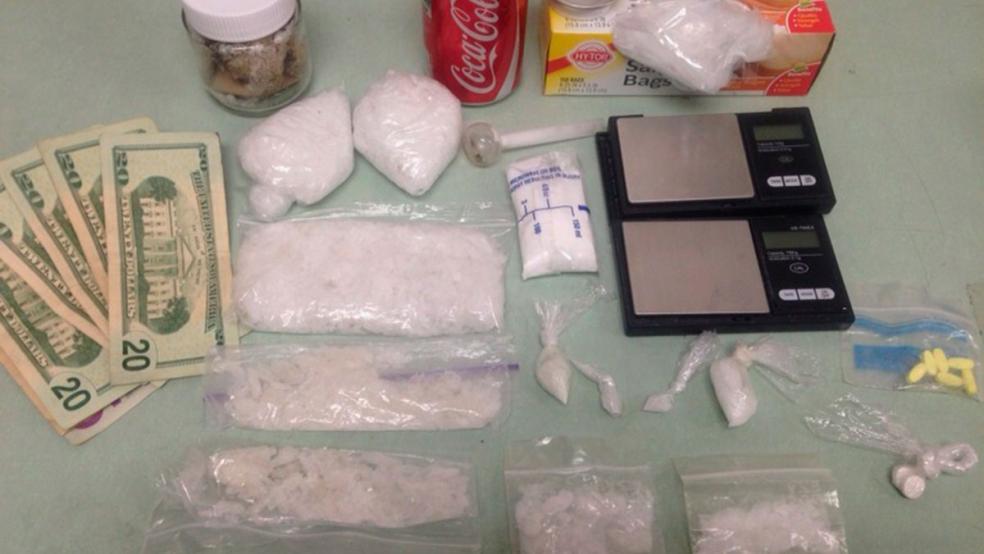In a year when many Americans are as concerned about drug addiction as terrorism and the economy, President Obama on Tuesday unveiled new steps and funding to broaden medical treatment and assistance for millions of people addicted to heroin and prescription painkillers.
Although it has received relatively little attention until recently, drug overdose is the leading cause of accidental death in this country, with 47,055 fatal drug overdoses in 2014 alone. Central to the epidemic is opioid addiction, which resulted in 18,893 overdose deaths in 2014 linked to prescription pain relievers and 10,574 overdose deaths related to heroin.
Related: The Rapidly Rising Death Toll of the Heroin Epidemic
As Obama noted in a major address in Atlanta to the National Prescription Drug Abuse and Heroin Summit, “This is not something that’s just restricted to a small set of communities—this is affecting everybody.”
It was bad enough when it was once a problem largely confined to minority populations in big cities. Now, experts say that addiction to heroin and other opiates has metastasized into a major public health problem in suburban and rural areas within substantial white populations. Some of the highest fatality rates are in Ohio, Kentucky, New Mexico, New Hampshire and West Virginia – some of them key 2016 presidential battleground states where residents have demanded solutions from candidates and their public officials.
Democratic presidential frontrunner Hillary Rodham Clinton has dubbed the searing public health crisis the “quiet epidemic,” while an alarmed Senate Majority Leader Mitch McConnell (R-KY) cautioned that the heroin and prescription drug problem was “spreading like cancer” across his home state.
GOP presidential frontrunner Donald Trump, campaigning today in Janesville, Wisconsin, brought up the heroin crisis during a meeting with reporters. He insisted that “I’m the only one who can stop” heroin smuggling into the U.S. through Mexico.
Related: The New War on Heroin Has Only Just Begun
Obama said today that the statistics are "staggering" with regard to lives lost, diminished productivity and cost to families due to abuse of these highly addictive drugs. But the president told the conference, partly organized by House Appropriations Committee Chair Hal Rogers (R-KY), that the “good news” is that Republicans and Democrats are working together to address the issue in a rare display of harmony.
There has been a bipartisan surge of activity on Capitol Hill this year to craft legislative strategies for treating the addicted population while federal public health agencies have gradually provided more in grants and funding to the states to address the problem.
During his speech, Obama announced a myriad of new initiatives, including doubling the number of patients that doctors are allowed to treat at any one time with an anti-opioid addiction drug called buprenorphine--from 100 to 200. That proposed rule alone would increase access to medication-assisted treatment and behavioral health supports for tens of thousands of people with opioid use disorders, according to the White House.
Related: The U.S. War on Drugs in Afghanistan Is an $8 Billion Failure
Obama’s other proposals include:
- Creating a mental health and substance abuse task force to greatly raise the profile of the problem and make sure that every federal agency dealing with health insurance is providing parity to those in need of treatment for drug-related behavioral problems.
- Finalizing a rule that requires Medicaid and the Children’s Health Insurance Program (CHIP) to cover mental health and substance abuse services at the same level of quality they cover medical and surgical services. According to the White House, this move alone would extend new benefits to 23 million people who are enrolled in the two programs.
- Releasing $11 million to 11 states to purchase and distribute the opioid overdose reversal drug Naloxone, and to train first responders and others on its use.
Obama’s announcement comes in the wake of his budget request to Congress for $1.1 billion to combat opioid addiction, with much of those funds targeted for treatment services. The Department of Health and Human Services earlier this month also released $94 million in funding for 270 local treatment centers, including two in Georgia.
Administration officials stressed that all of the grants and agency actions will utilize public health funds that already have been appropriated by Congress – avoiding any possible stalemate over funding.
“I think the president has acknowledged the fact that there is still a significant treatment gap for people who need access to these medications,” Michael Botticelli, director of the Office of National Drug Control Policy, told reporters ahead of Obama’s formal remarks, according to Reuters.





